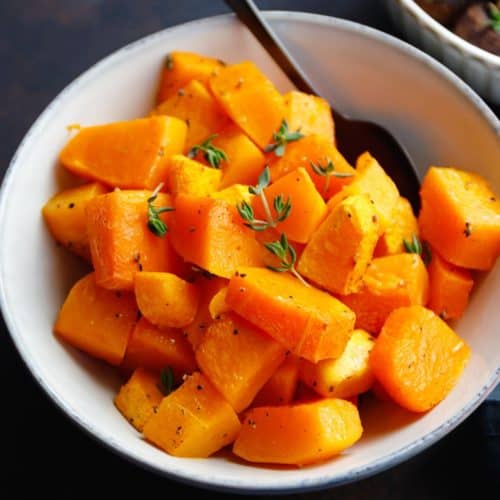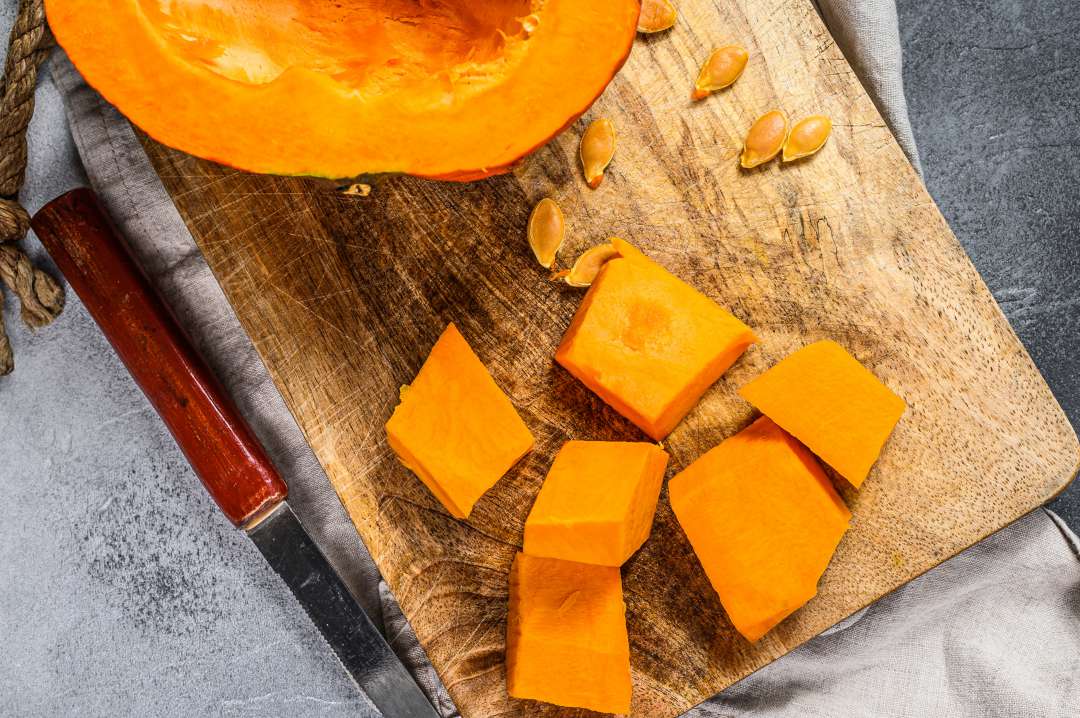
Farmer’s Dinner with Mixbread
Watson HarlanSouthern comfort doesn’t always need to be fried or breaded. Many Appalachian, Cherokee and Southern cooks made do without a lot of cooking oil to start with, and still ate well enough. This meal is vegetarian but goes well with any meat of your choosing, and should you wish to, a small amount of rendered pork fat can be used as a flavoring in the cabbage or greens, but this is a sparing seasoning, and can make the items greasy in a way that makes them less delicious if overdone. Vegetables and bread were the basis for a good deal of meals for those on the leaner side of things back in the old days, and we today are in many ways fortunate to eat like this by choice. This recipe forgoes the usual breading for these not only because it makes all of this easier to cook, but also because you get all the bread you want from the bakery mix, and the vegetables taste well enough on their own with just a bit of salt and pepper.
Cuisine American, Cherokee
Servings 4
Ingredients
- 1 cabbage
- 3 potatoes
- green beans fresh bunch or 1 can
- 1 tomato sliced
- bakery mix
- 2 tbsp oil or 1 piece hog jowl, fatback or fatty meat
- salt
- pepper
Instructions
- In a large soup pot, set to medium heat. Add oil (or half of pork). If using pork, cook until it has rendered.
- Chop cabbage finely, leaving bite sized pieces. Add to pot and stir to cover with oil. Cover to let steam.
- After the cabbage has begun to soften, add salt and pepper to taste. Cook until softened and semi-translucent.
- In a frying pan, add oil and bring to medium heat. Add un-breaded squash. Cook until soft. Season with salt and pepper, then place on paper towel plate to remove excess oil.
- In a small pot, bring green beans to a boil. Season well. Add the other half of your pork if using until pork is cooked. Add pepper to taste.
- Following the instructions for the bakery mix, make a pone or rough loaf of the bread by mixing water into the bakery mix.
Notes
Teaching our Children
Today, it is very easy to buy instant, and to buy for calorie bulk or intense flavors. It’s often preferable to have something convenient and filling, and to leave the stove alone. In today’s world that moves at breakneck speed, and demands of working folks and those short on money or time, it’s no wonder or surprise younger people cook less often. Cooking takes time, patience, and more often than not a good tutor in the family, and the patience to sit, observe and learn. To this end, folks need to share their cooking with their kin, and younger people need to feel welcome in the kitchen. To put it simply we have to be willing to teach and to learn.
For traditional Cherokees, this was the educational process, and in many ways remains the process. To visit with an expert, to learn what information you can, and to apply it to life from a live demonstration. Native children learn better from practice and seeing how and why something is done than from just the written word, or a lecture.
Knowing this, the way we as a people can reclaim our food is by helping one another in the kitchen and the table setting to make home a better place to prepare food. Keeping the kitchen in clean form, and being willing to make simple dishes from time to time will create an environment that is not only easier to cook in, but creates a learning space for others to participate.
Keyword beans, squash





